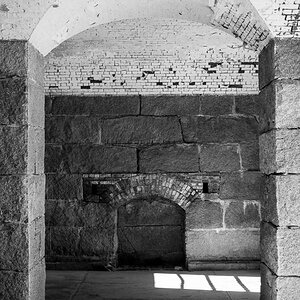ottor
No longer a newbie, moving up!
- Joined
- Feb 7, 2009
- Messages
- 935
- Reaction score
- 173
- Location
- S. Idaho
- Can others edit my Photos
- Photos OK to edit
Interested in the Tamron 18-270mm - it states that it's "Equivalent" to a 28-419mm... I have your standard kit Canon 75-300 - will this 270mm lens get closer than my 300mm ?? 

 I think it's referring to a 35mm lens, but what do they mean? - How will a person know that, in this case and others, a 270mm will get closer than a 300mm ???
I think it's referring to a 35mm lens, but what do they mean? - How will a person know that, in this case and others, a 270mm will get closer than a 300mm ???





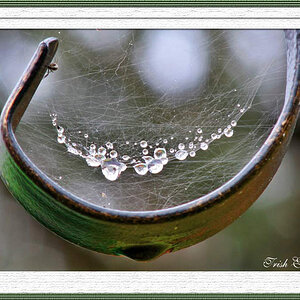


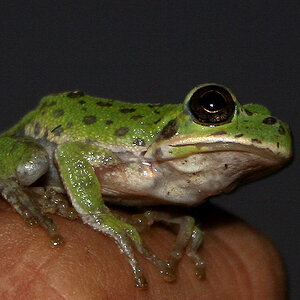
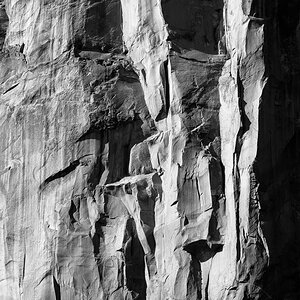
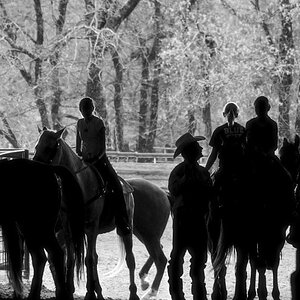
![[No title]](/data/xfmg/thumbnail/34/34039-a3bf38301d5ee5f8b658c43a86558500.jpg?1619736250)
